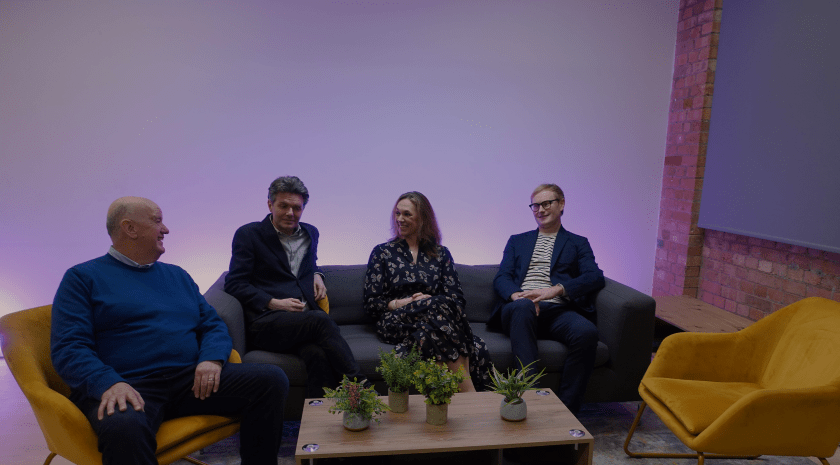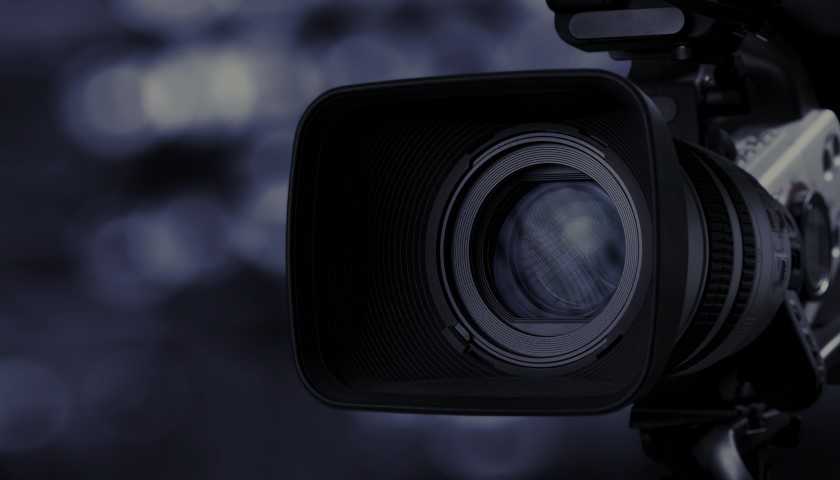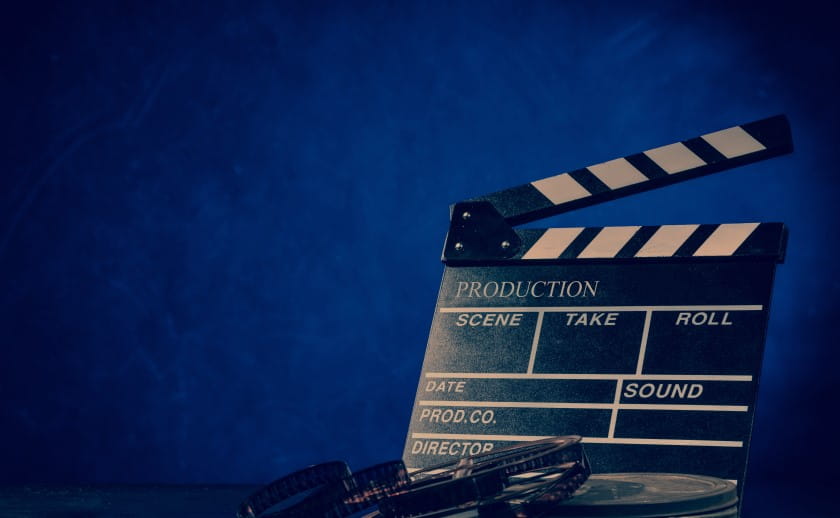Thursday 02 March 2023
- Thought Leadership
Podcast: Media Errors and Omissions Insurance
By Ros Breese
Demystifying the process and practicalities of Media E&O Insurance
Errors and Omissions (E&O) insurance is an important cover for film and television production companies. In our recent podcast, Ros Breese, Media, Film and TV Underwriting Manager at Tokio Marine HCC; Leo Dawkins, Partner at law firm Lee and Thompson; and Lawrence Barker, Media and Entertainment Broker at Media Insurance Brokers, sat down to demystify E&O Insurance and discuss why it is essential for production companies.
You can listen to our podcast, or read on for more information about what was discussed.

E&O – what it covers
E&O policies in the TV and film sector are designed to provide cover for the content of productions including films, TV programmes, podcasts and webisodes. The insurance covers everything the audience can see and/or hear – moving images, photos, archive material, music and the title.
TV & Film E&O covers the content of the production rather than the professional business of the production company – It doesn't cover the physical aspects of the productions such as the equipment, actors and/or premises.
Typical exposures for a production company include defamation, privacy, intellectual property infringement and the misuse of confidential information all of which are covered by a TV & Film E&O insurance policy.
Policies can cover a production company for all their work over a 12-month period or otherwise can provide cover for an individual production and this insurance is provided on a multi year basis eg 36/48 or 60 month policy period.
Why production companies need E&O insurance
The need for E&O insurance is generally driven by contract and broadcasters and distributors will require the production company to buy this cover, the terms of which are included within the detail of the contract.
The guests on the podcast were quick to point out that it makes life a lot easier if production companies think about this at the beginning of a project. If they wait until it’s coming to a close, it becomes more difficult to cater for any challenging aspects of the risk.
They were also keen to emphasise that production companies don’t have to do anything wrong to find themselves facing a claim and dealing with these can be complex, costly and time consuming. Without cover, it’s not always possible to recover the costs involved and it can be tricky to access the right expertise and support quickly.
Staying on the right side of the law
Different types of productions will carry with them different risk exposures. For example, documentaries about real people and corporate organisations are particularly exposed especially if they allege illegal or improper behaviour.
Dramatised productions about real people and/or events can also carry a sizeable degree of risk if producers edit facts to make the programme more compelling. If the production is inaccurate or creates confusion between fact and fiction, it can lead to third-party claims.
Lower down the scale come fictional programmes, although they can also give rise to claims, especially if the content could be interpreted as a thinly veiled representation of real events and/or people.
The podcast panel explains how brokers, underwriters and lawyers all work with production companies to identify potential exposures and manage them proactively.
For example, a legal report on a programme’s content will cover off potential defamation issues and intellectual property exposures. A title report will ensure the title of the production is clear for use. A fair use report will judge whether the production company can reasonably defend its use of material for which it hasn’t been able to secure specific permissions.
Elsewhere, a negative check will give confidence to stakeholders that any names of characters or products in the production are unlikely to be confused with those in the real world.
Working through these steps is good operational practice and doing it early in the production will make it quicker and easier to identify and avoid potential exposures and purchase an E&O policy. The panel highlighted the role brokers play in making sure the cover meets the contractual requirements set down by a broadcaster or distributor.
Unexpected claims
It’s not unusual for production companies to face claims that have no real merit. But they still need to be defended and this can be costly. E&O helps to provide the financial and technical, resources to deal with such issues.
It’s also common for small details to end up causing significant problems. For example, a prop might only be on screen fleetingly, but might lead to an intellectual property infringement claim. In addition, the panel raised the issue of jurisdiction, explaining that what is permissible in one territory might infringe privacy or defamation laws in another.
E&O insurance gives production companies the expert support to identify and address these matters quickly and provides financial protection from the associated costs.
Want to know more?
Listen to the full podcast or visit our Media or Film & TV pages for more information.








